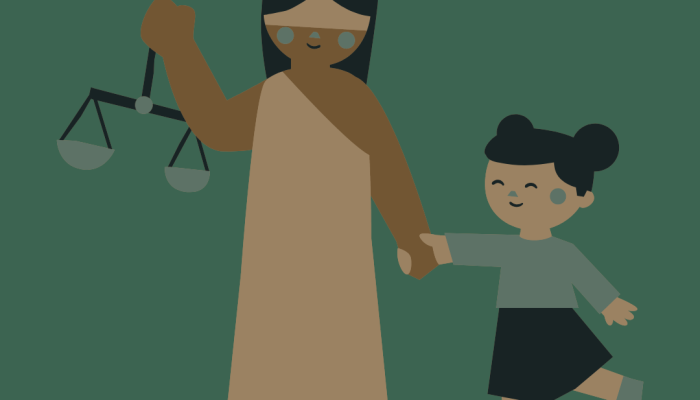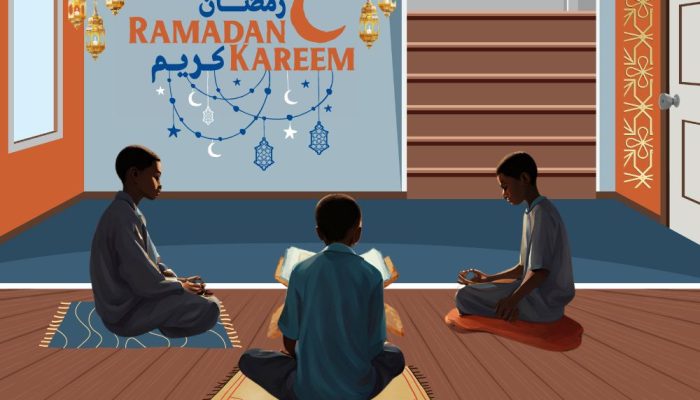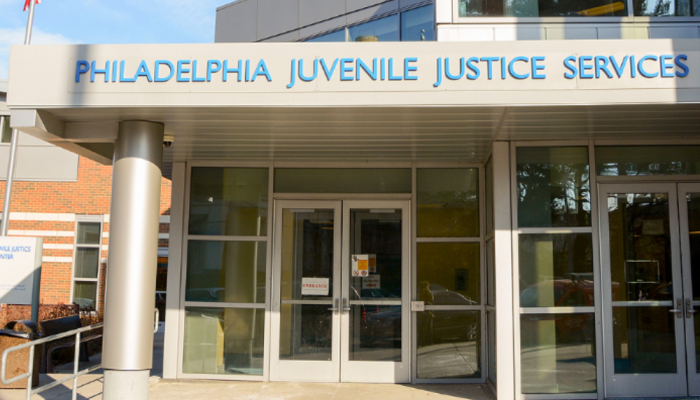On May 15th, 1967, the United States Supreme Court issued a unanimous ruling on the in re Gault case. This decision guaranteed due process rights to juvenile defendants. On the 57th anniversary of this decision, we want to reflect on its continued relevance today.
In Chicago in 1899, a group of child advocates fought for a separate court for children. This became the country’s first juvenile court. This new court decided that children were different from adults, and so they began to treat them differently. This was a big step forward for youth rights. It prevented the court system from trying children in adult court and sentencing them to adult facilities. Still, like many policy decisions, it had flaws.
The first few decades of the juvenile court demonstrated a progressive step forward from the adult system of the past. However, this new system did not provide youth with the same rights that adults got in the adult court. Instead, juvenile judges had broad discretion and could place a young person in a juvenile reformatory for very long periods of time, despite their relatively minor crimes. This is what happened to 15-year-old Gerald (“Jerry”) Gault.
Jerry Gault was 15 years old when he and a friend made a prank phone call to his neighbor, Mrs. Cook, on June 8th, 1964. The phone call was sexually inappropriate, and Mrs. Cook filed a complaint with the police. Police arrested Jerry Gault and his friend at the Gault home and took them to the Children’s Detention Home. Jerry Gault was on juvenile probation at the time of this arrest for minor theft.
The day after his arrest for the prank phone call, Jerry Gault had an initial hearing. The court held Gault in detention for a few days and then released him home to his parents. Jerry Gault’s hearing was a week after his arrest, and he did not have legal representation. The judge sentenced him to juvenile detention until his 21st birthday (almost 6 years). If he were an adult, his maximum penalty would have been a $50 fine and two months in jail.
The case made it all the way to the United States Supreme Court. The court agreed to hear the case to determine the procedural rights of juvenile defendants. The court’s decision was unanimous that juvenile defendants must have the same due process rights as adults. These include the rights to call witnesses, have legal counsel, and more.
The Gault case was a landmark decision in the fight to ensure due process rights for youth. However, more work needs to be done to afford all youth the legal representation they need and deserve. The law guarantees legal counsel for all youth in juvenile court, but this representation is not always well-resourced. One way to address this is to provide attorneys representing youth with training in youth brain development. This may help them make appropriate recommendations to the court on behalf of the youth and adequately explain the youth’s options to them. Also, although federal law requires police to account for a child’s age in Miranda warnings, police may still use age-inappropriate interrogation tactics. This may lead youth to provide incriminating statements or inadvertently waive their right to counsel. To address these issues, the law should mandate and expand youth right to counsel during police interrogations.
May is National Foster Care Month. While the Gault case specifically highlights the importance of legal representation for juvenile defendants, it also shows the importance of legal representation more broadly. This should include legal representation for youth involved in the child welfare system. Fortunately, Pennsylvania state statute 42 Pa.C.S.A. § 6337.1 guarantees youth legal representation in all delinquent and dependency cases.
The OYO reached out to the Support Center for Child Advocates (SCCA) about the importance of youth representation. SCCA staff attorney, Sydney Groll, provided this insight:
“As legal advocates for youth, we know that empowerment, voice, and choice are crucial to supporting youth in healing from trauma and mitigating further re-traumatization. Our legal system can be complicated and challenging to navigate— even for attorneys who are in it every day. This process can be even more complex when navigating it as a young person, who is already balancing the demands of school, family, friendships, work, therapy, extracurriculars, and more.
Attorneys for children and youth have the unique ability to work with their clients in a way that centers the young person as the experts of their life and to amplify their voice. Providing youth with legal counsel not only better ensures that a young person’s voice and perspective is not left out of the conversations and hearings where it matters most, but that the young person has an advocate by their side during processes that are often intimidating.
When young people are offered the opportunity to understand how and what decisions are being made about their lives, and given a chance to participate in those processes, kids can be empowered to heal.”
Legal representation for youth across all types of legal cases is essential. Yet there are still 13 states in which children are not guaranteed the right to counsel in child welfare cases. With this in mind, during this National Foster Care Month and on the anniversary of the in re Gault decision, we join the call of the National Association of Counsel for Children to provide #Counsel4Kids.




